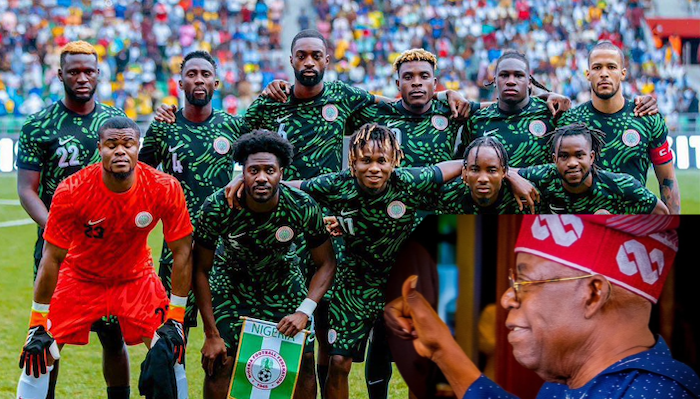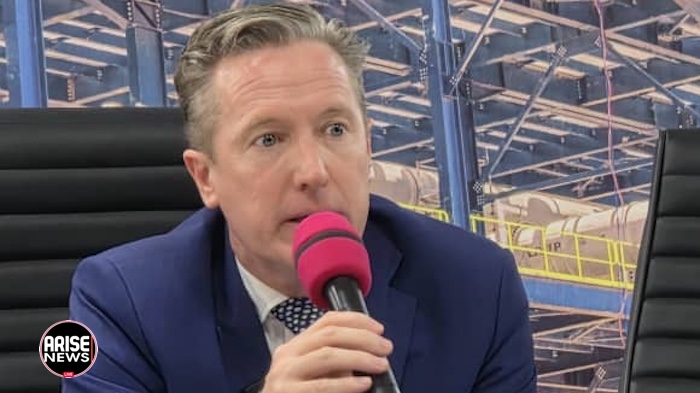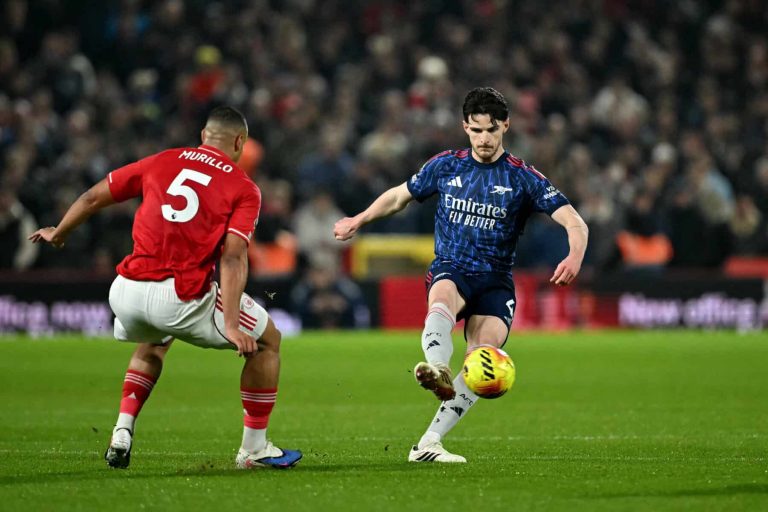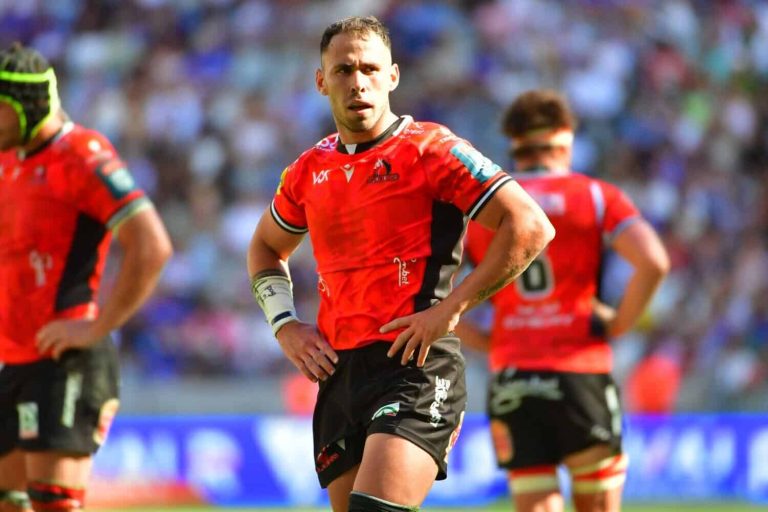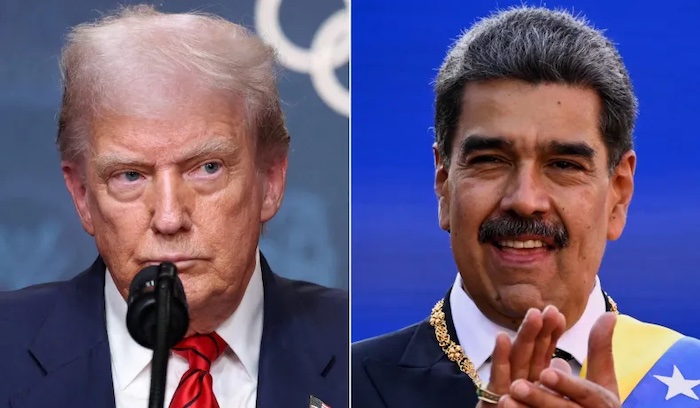
US President Donald Trump has confirmed that he authorised the Central Intelligence Agency (CIA) to carry out covert operations inside Venezuela, triggering a wave of outrage from Venezuelan authorities and heightening fears of a possible military escalation in the region.
Trump acknowledged that he approved the CIA’s activities in Venezuela, a rare public admission for a US president about the nation’s clandestine intelligence operations. His comments followed a New York Times report revealing that the CIA had been granted authority to act unilaterally or in coordination with US military forces in the South American country.
“I authorised for two reasons really,” Trump said when asked about the report. “Number one, they Venezuela have emptied their prisons into the United States of America. And the other thing are drugs. We have a lot of drugs coming in from Venezuela, and a lot of the Venezuelan drugs come in through the sea, so we’re going to stop them by land also.”
His remarks come amid a series of deadly US strikes in the Caribbean, which have reportedly killed 27 people in recent weeks. According to UN-appointed human rights experts, the operations targeting boats suspected of carrying narcotics amount to “extrajudicial executions.”
Venezuelan President Nicolás Maduro, whose legitimacy remains disputed after controversial elections last year, responded with anger and alarm. In a televised address, he urged the United States to avoid “war and aggression,” warning that Washington’s actions risked dragging the region into chaos.
“No to regime change, which reminds us so much of the endless, failed wars in Afghanistan, Iraq, Libya, and so on,” Maduro declared. “No to CIA-orchestrated coups d’état. Listen to me no war, yes peace, the people United States.”
Maduro ordered military exercises in the Caracas suburb of Petare and neighbouring Miranda state on Wednesday, mobilising the armed forces, police, and civilian militias “to defend the oil-rich country.”
Venezuela’s Foreign Minister, Yván Gil, condemned Trump’s remarks as “warmongering and extravagant,” accusing Washington of pursuing “a policy of aggression, threat, and harassment” against Caracas.
Trump’s confirmation represents one of the most direct acknowledgements in recent memory of US intelligence activity in Latin America a region where the CIA has a long and controversial history of covert interventions.
Analysts say the revelation could further strain US-Venezuelan relations and intensify global scrutiny of Washington’s military posture in the Western Hemisphere.
Former CIA paramilitary officer Mick Mulroy said that Trump’s authorisation signifies “a substantial increase in efforts against drug trafficking organisations,” likening the situation to a “real-life Sicario.”
The US has deployed eight warships, a nuclear-powered submarine, and fighter jets to the Caribbean in what the White House describes as an operation to combat drug smuggling. However, many observers fear that the growing military presence and the CIA’s involvement could push an already volatile relationship closer to confrontation.
For now, as US officials remain tight-lipped about the CIA’s exact plans, Maduro’s government continues to brace for what it calls “an act of aggression,” warning that any incursion will be met with “total resistance.”
Erizia Rubyjeana
